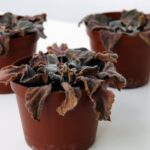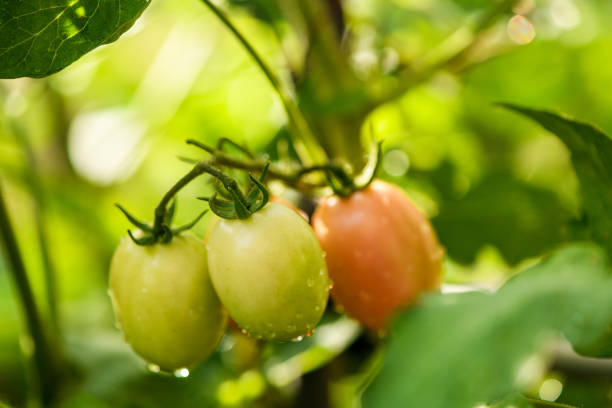If you want to keep your pets safe, find out if African violets are toxic to dogs, cats, or other animals by reading the rest of this short post.
If you are aware of the plants that won’t hurt your furry friends and have trained your pet to leave them alone, coexisting with both will be simpler. The answer is no; neither the plants nor the leaves of African violets are harmful to your dog.
This article will answer your questions about the toxicity of African violets. We’ll go over the dangers of African violets and the precautions you can take to keep your children and pets safe.
Read How to prevent my African violet from wilt?
Are African Violets Poisonous to Pets?
Ingesting large quantities of African violets can harm your pets’ health because they are mildly poisonous. If your pet has consumed a lot of African violets, you might notice some symptoms in them, such as vomiting, stomach pain, diarrhea, or drooling.
This plant is not meant for consumption. Consequently, it may have a negative impact on your pet’s health. Saponins in African violets can affect your pet’s digestive system, which can be the reason for your pet’s sickness. Keeping your animals away from African violets is the best way to keep them secure. The location in your garden needs to be out of your pets’ reach.
Are African Violets Poisonous to Humans?
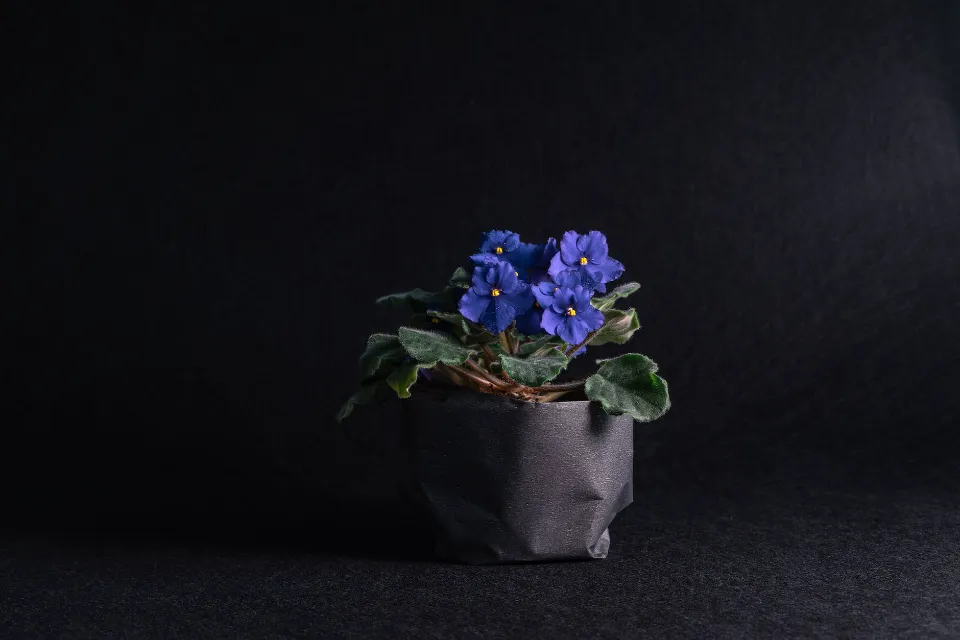
Humans cannot be harmed by touching an African violet because it is not poisonous to them. Unless the grower makes the plants toxic by overfertilizing and adding insecticides, African violets continue to be non-toxic to people.
It can cause indigestion in humans only if it is consumed in a higher amount. African violets are safe for people to consume otherwise.
Are African Violets Edible?
African violets are not thought to be edible and may give you the flu. An adult will not eat African violet, but children and pets can accidentally eat these plants out of curiosity. Since these plants are not part of the typical diet, they may have an impact on children’s and animals’ health.
African violets are generally safe, but they can be harmful mainly due to the high content of saponins present in the roots and stems of the plants. African violets contain a high concentration of saponins, which are organic plant toxins.
Pets and people who are saponin sensitive may experience pain, cramping, diarrhea, and vomiting as a result of this toxic substance. African violets may result in Reye syndrome if consumed by young children because they contain salicylates in small amounts.
To protect your family members from the plant’s toxicity, keep African violets away from children and pets. Here are answers to some of your questions related to cats ingesting African violets. Knowing this is helpful if you own cats.
What If My Cat Chewed My African Violet?
The good news is that African violets are classified as non-toxic to cats by the ASPCA and many reputable veterinary hospitals. If you want plants that are friendly to cats, you should have them in large quantities all over your home.
If your cat occasionally nibbles on your African violets, you probably won’t notice any symptoms. Probably suffering the most from the encounter will be the violets. Furthermore, your cat might be more vulnerable to your wrath than the African violet.
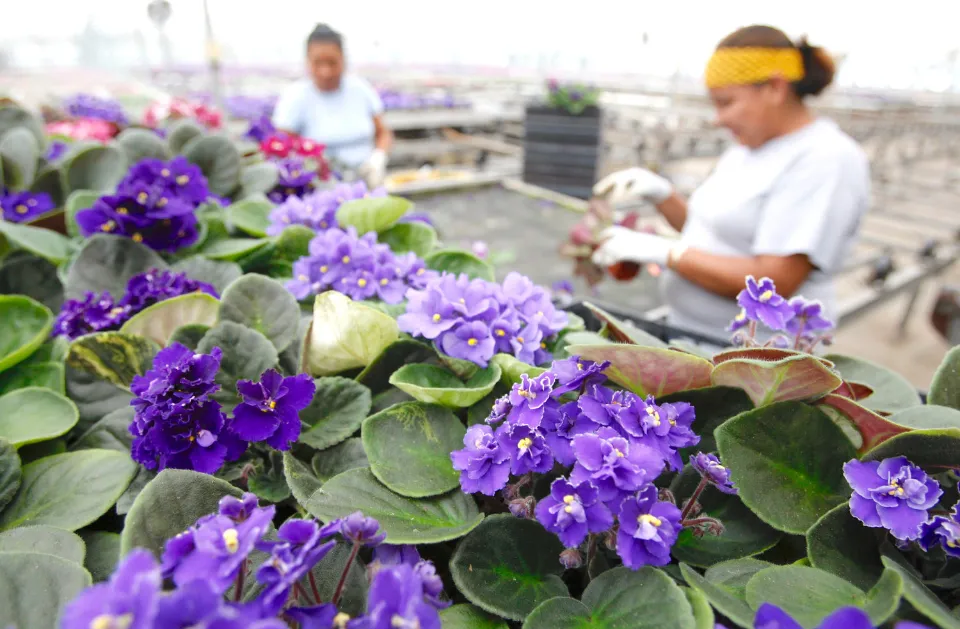
What Symptoms Can I Expect from Cat Poisoning?
Even though African violets are not poisonous, it can still be helpful to be aware of the signs of cat poisoning so you can identify any issues right away if an insecticide is to blame. Toxicity in cats may present in the following ways:
- Drooling
- Vomiting – usually more than once
- Stomach cramping
- Diarrhea
- Unstable gait
- Overly dilated or constricted pupils in the eyes
- Little or no response of the pupils to light
- Neurological symptoms such as a head tilt, tremor, or loss of bowel and bladder control
What to Do If Your Pet Ate African Violets?
It should be the owner’s responsibility to take care of their pets’ needs and eating habits. Pets unintentionally consume foods that are not intended for consumption because they cannot distinguish between foods that are healthy for them and foods that can harm them.
If you suspect your pet has consumed African violets, you should seek expert advice from the animal hospital. After giving your pet African violets, you must inform the veterinarian of all symptoms and issues.
Verify that your pet is breathing normally and acting normally. Please get in touch with the nearest animal clinic right away if you notice any strange changes or behavior. A professional can determine whether you should treat your pet at the vet’s office or at home.
You should never take this situation casually. Your pet will have a better chance of recovering if you assist them right away. Based on the details you’ve given, the doctor will administer care to your pet.
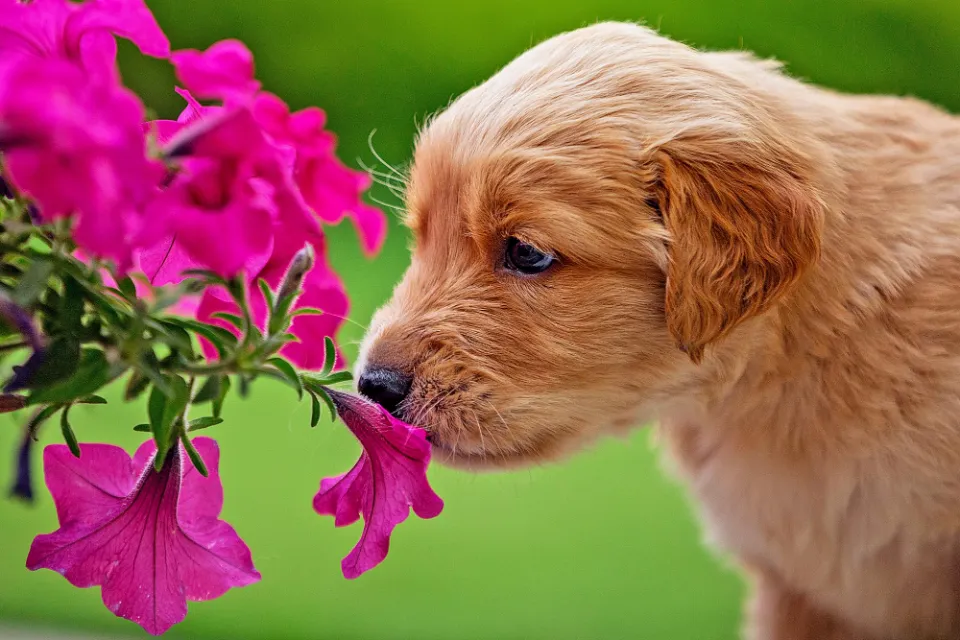
How Do I Stop My Pets from Eating My African Violets?
Noticing that your dog is snacking on your plants is not only frustrating but also possibly scary. You don’t want them getting into any dangerous situations! Fortunately, there are a few methods you can try to deter your furry friend from hanging out near your plants. If moving the plants out of their reach is not an option, you might need to try a few different things.
Training
The same techniques that you’ve used for training your pet in the past will be effective here as well. Move your pet away from the plant after telling them no. Reward them for positive behavior. Consistently teaching them that the plant area is off limits
Only when you and your pet are seated there will this be effective? Once they’ve consumed the plant, telling them no might not be effective because they might not make the connection.
Positive reinforcement techniques like clicker training are employed to change a variety of behaviors. The “clicker” in question is a tool that makes a noise, distracting your dog. They come to understand that they should stop when they hear a noise with practice and encouragement. Over time, they become aware of their improper behavior without needing to hear the noise.
Distractions
Redirection! Much like reinforcement, you are introducing something to redirect your pet from the plant. This method takes consistency and patience. With practice, your dog will learn to respect the plant’s boundaries.
Deterrents
Spray diluted lemon juice on the plants. Lemon is generally not liked by dogs, so lightly misting your plants with lemon juice that has been diluted should deter them. This won’t be the best approach to take if your pet is in the minority and likes the taste!
Before choosing this option, you can try a light spray of vinegar on your plants, but make sure it will not affect your plant’s growth. White vinegar is best if you’re going to try this option.
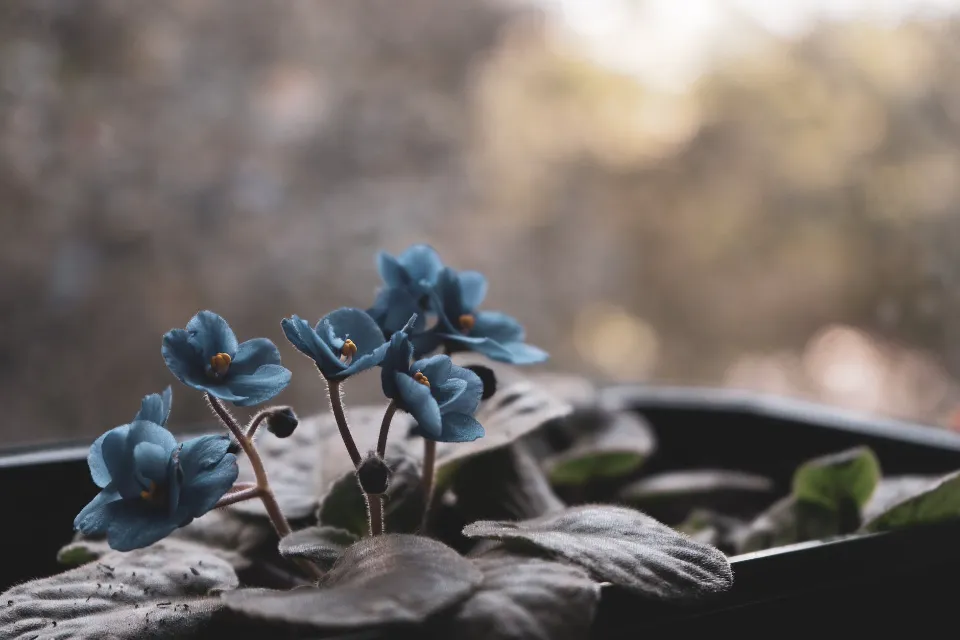
Placement of Plants
Remove the plant from their line of sight! Use plant stands or hanging planters to place the plants off your dog’s reach on furniture. This is frequently the most straightforward response. This choice reduces any risks while still enabling you to enjoy your houseplants.
Other Safe Plants for Pets
- Banana Tree: Due to its height and big leaves, this plant has a significant impact on any home. Remember that the banana tree requires regular watering and lots of sunlight.
- Spider Plant: Your dog won’t get sick from this plant, which is simple to grow. They thrive in different types of light and are frequently found hanging. Their leaves can extend up to 18 inches. Since plantlets naturally fall off as a plant grows, they are simple to grow and propagate.
- Christmas Cactus: When you’re counting down the days until spring in the winter, this plant adds a splash of color. This plant is also easy to propagate, requiring little care and low levels of light.
- Venus Trap: Not only is the Venus flytrap fun to grow, but it’s also safe for your pets. Bright light is good for these plants, but you should think about the water you’re using. Many fans of the Venus flytrap believe that tap water is actually harmful to them.
- Wax Plant: The wax plant smells good and has lovely, delicate flowers. Be aware that the sun can cause their leaves to burn. They prefer bright light but do not require direct sunlight.
- Bamboo: Some people think that putting a bamboo plant in any room will bring luck. Whether or not this is the case, the plant is simple to grow, safe for your dogs, and tolerant of a variety of lighting situations.
Here are some other plants that you may want to know whether they are toxic to your pets, such as Orchids, Philodendrons, Peace Lilies, Pothos Plants, Snake Plants, ZZ Plant, Money Trees, Air Plants, Jade Plants, Ferns, Bromeliads, Rubber Plants, and Fiddle Leaf Figs.
Conclusion: Are African Violets Poisonous to Pets?
When there are cats in the house, African violets are non-toxic houseplants that can be kept there. Although they might occasionally chew on the plant out of boredom or curiosity, it is unlikely that this will cause any issues.
Only if pets like cats and dogs are consumed in large quantities can they cause health problems. It would be best to take some security measures to prevent pets from accessing African violets.
FAQs
Are African Violets Toxic to Rabbits?
Rabbits may be poisoned by an unrelated species called African violets. Fuzzy leaves are characteristic of this plant, which is typically only found in indoor pots.
How Do I Keep Cats Away from African Violets?
Prevent unwanted nibbles by keeping your African violet on a high shelf or cupboard. Make sure to check for any furniture your cat could climb on to reach it, and keep your plant happy by choosing a well-lit space.





